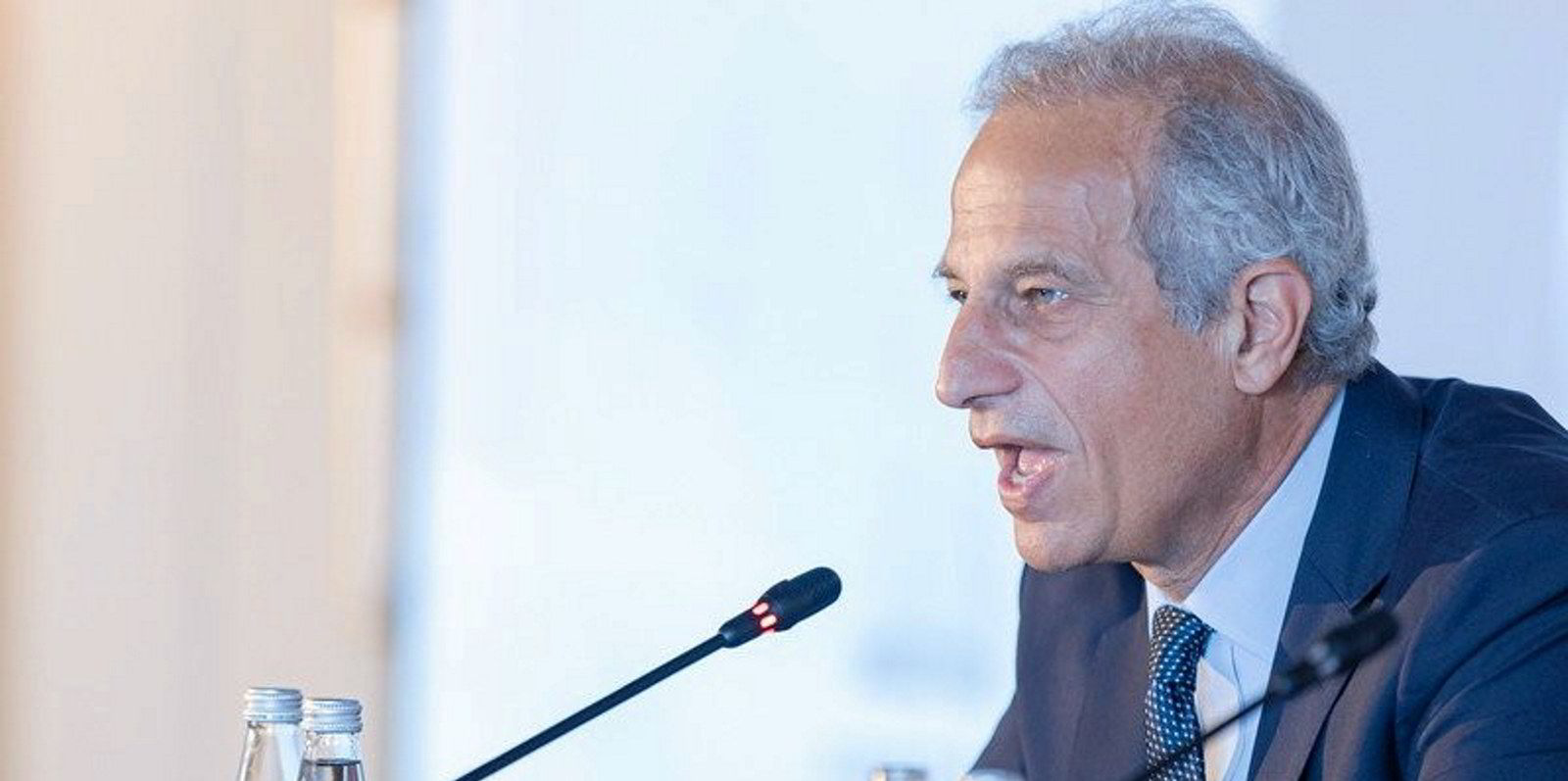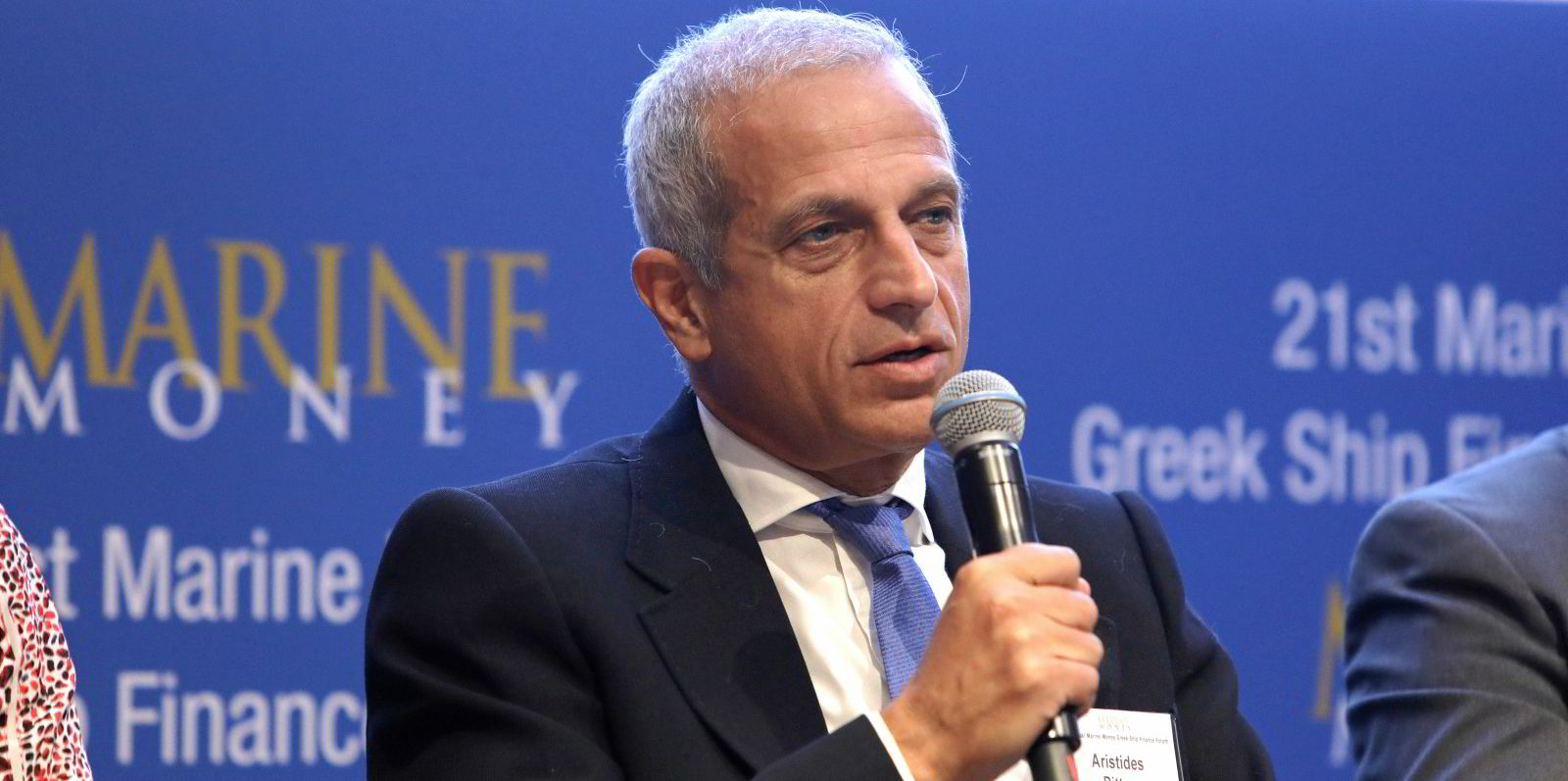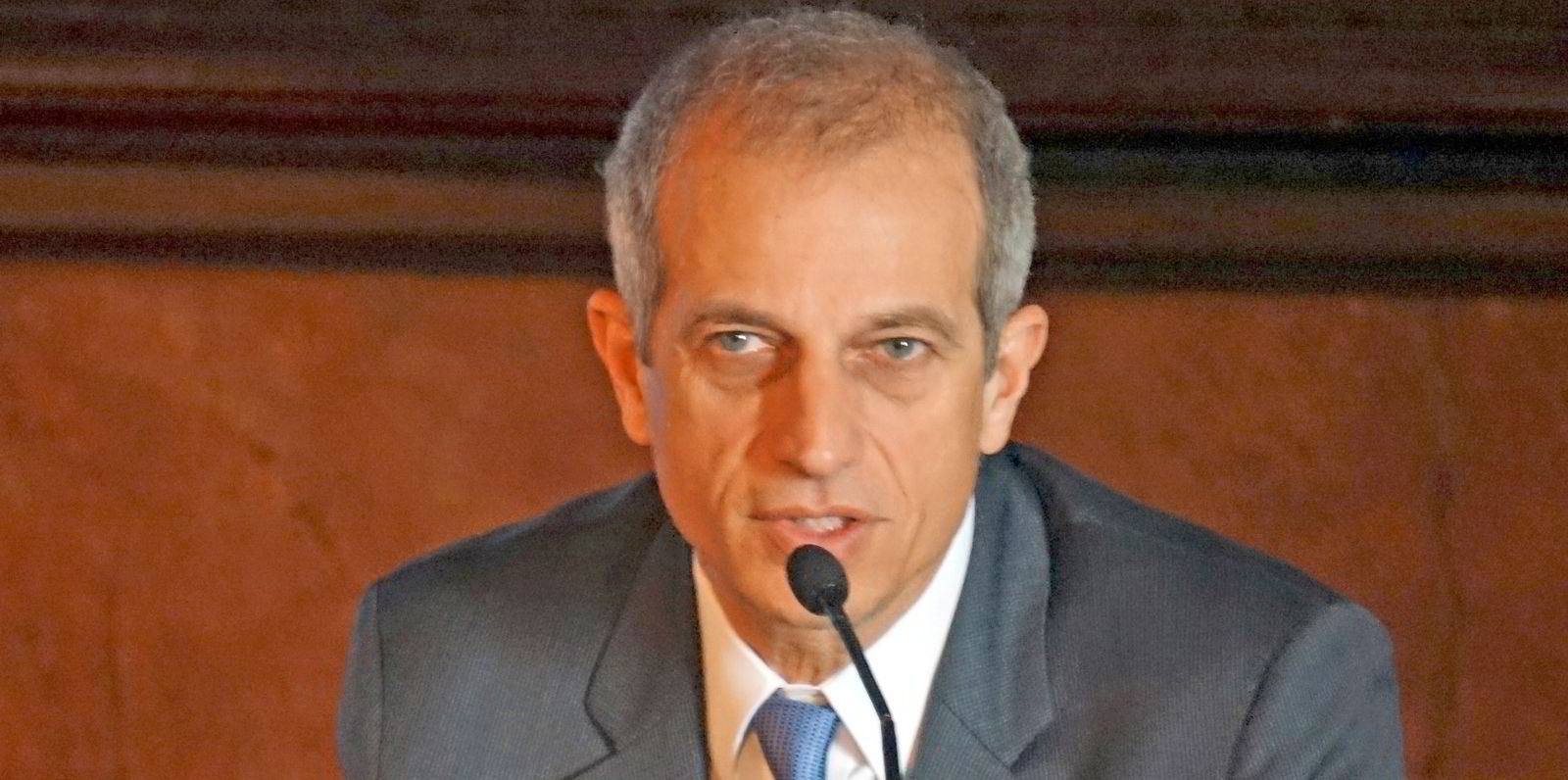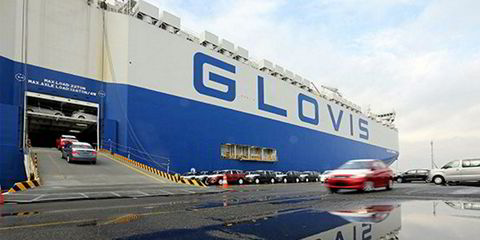Euroseas is maintaining its shareholder dividend policy since bringing it back in the previous quarter as its earnings rocketed in the second quarter.
The New York-listed owner of 18 feeder and intermediate container ships has given a $0.50-per-share payout, matching a first-quarter bonus that marked the first common-shareholder dividend since 2013.
Euroseas reported a $30.7m profit for the second quarter, nearly quadrupling $7.9m in earnings made in the same period last year.
Adjusted net income attributable to common shareholders came in at $29.6m versus $8m a year earlier, resulting in diluted earnings per share of $4.08, which beat analyst consensus by $0.28 per share and the year-ago figure by $2.96.
Second-quarter revenue was $48.5m, up 165% from a year ago due to higher time charter rates and more vessels in the fleet.
Euroseas earned an average time charter equivalent rate of $33,714 per day with 16.46 ships on average for the quarter, compared with a TCE rate of $14,853 per day with 14 vessels on average a year earlier.
“We are very pleased with our results for the last quarter, which are the best results we have ever had since the inception of the company,” chief executive Aristides Pittas said.
“The extremely high charter coverage that we have achieved for the remainder of the year, but also for 2023 and 2024, suggest that we should continue experiencing highly profitable quarters regardless of charter rates development.”
He noted that one-year time charter rates fell by as much as 20% in July and August from all-time highs due to less demand for longer-term fixtures as charterers took a “wait-and-see attitude” amid limited supply.
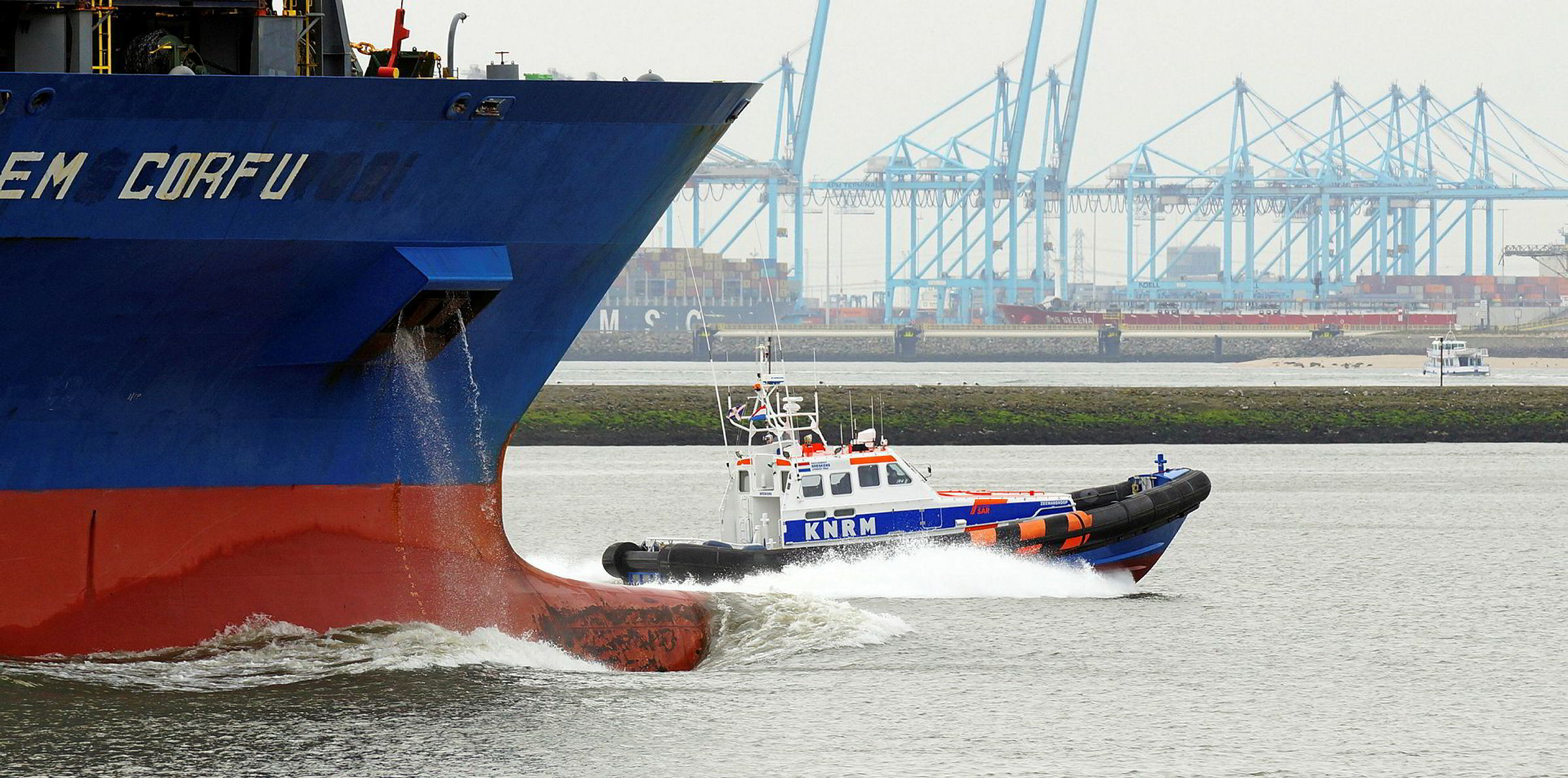
“It appears that demand for transport of finished goods has been influenced by the geopolitical uncertainty and fears of a looming recession fuelled by increases in interest rates used by central banks to fight inflation, amongst other reasons,” he said.
Covid lockdowns in China also hurt containerised trade during the quarter.
“There are indeed question marks on how the market will develop in 2023 and 2024 as various contradicting forces come into play,” he said.
A relatively high orderbook into 2024 — set against supply reductions driven by incoming environmental regulations that will result in scrapping and slow steaming — further clouds outlook, Pittas said.
“We feel well prepared to navigate such an uncertain environment as our chartered fleet between now and the end of 2024 is to generate significant cash flow reserves,” he said.
Euroseas plans to use its cash flow to keep paying dividends and fund the equity portion of its nine-vessel newbuilding programme, while still having “a significant war chest” to pursue investments that benefit shareholders, he added.
For the first half, the company posted a $60.7m profit attributable to common shareholders versus $11.1m a year earlier.
Revenue for the first six months reached $93.9m, beating year-over-year revenue by 188%.
